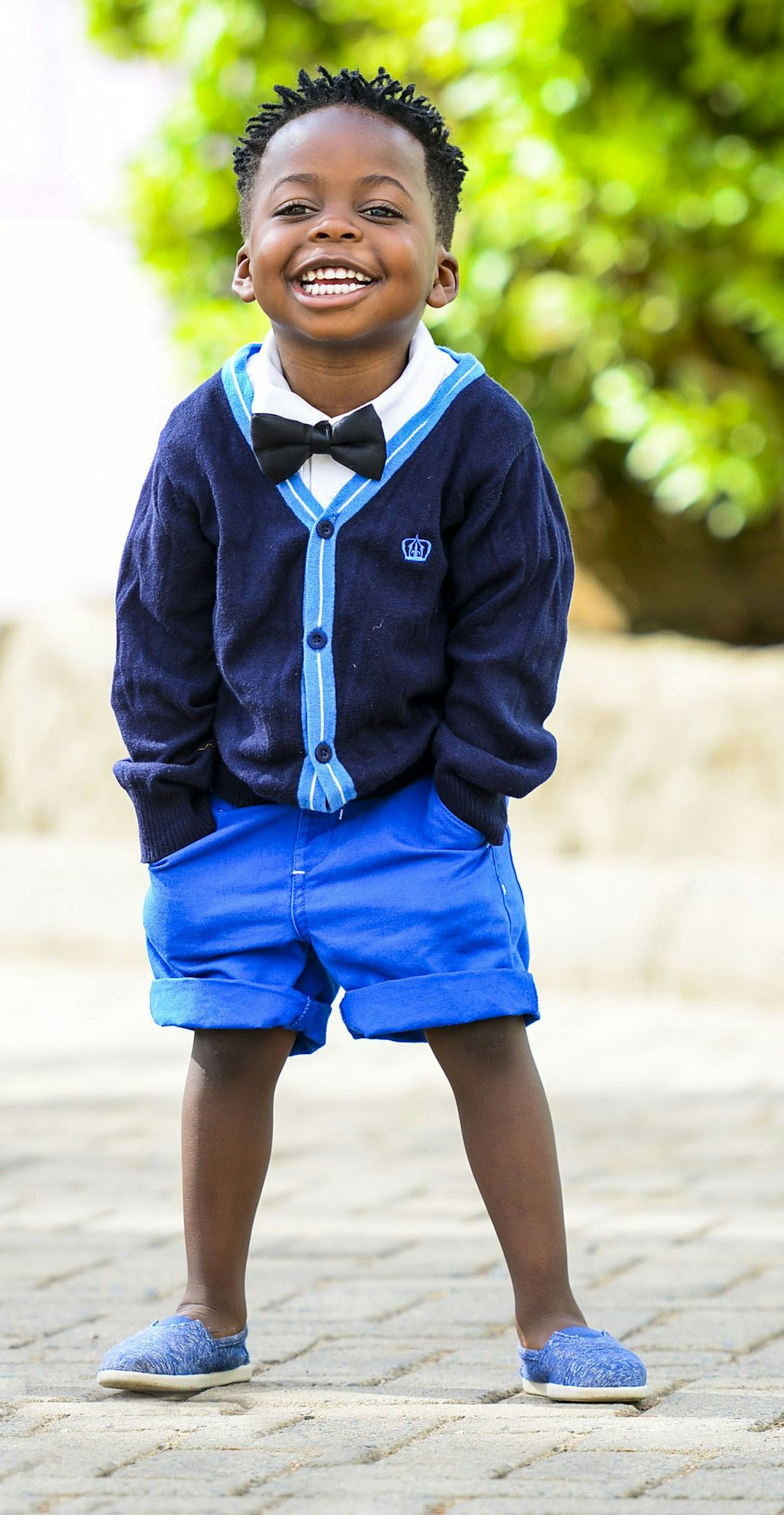In NY courts, addressing child trauma is essential for administering justice and ensuring reliable testimonies from affected children. NY legal professionals must recognize barriers caused by traumatic experiences and take measures to facilitate young witnesses' participation while minimizing further harm. The state's guidelines, including closed proceedings, special witnesses, and psychotherapeutic methods, prioritize the well-being of traumatized children and ensure the integrity of the judicial process. Judges play a critical role in creating safe environments for young witnesses, enhancing the accuracy of their testimonies and ensuring fairness in court proceedings.
In New York (NY), understanding the impact of trauma on child testimony is paramount within the legal system. This article delves into the intricate relationship between childhood trauma and its subsequent effects on a child’s ability to provide reliable testimony, with a specific focus on NY courts. By exploring these complexities, we aim to highlight the legal implications, sensitize professionals, and enhance strategies for navigating sensitive cases, ensuring justice for all.
Understanding Child Trauma and Its Effects

Child trauma is a complex issue, often leaving invisible scars that can significantly impact a child’s ability to testify in legal proceedings. In New York (NY) courts, where the integrity of testimony is paramount, recognizing and addressing the effects of trauma is crucial for ensuring justice. Kids who have experienced traumatic events, such as abuse, neglect, or violent incidents, may exhibit varied responses, including dissociation, flashbacks, and anxiety. These symptoms can hinder their capacity to recount events coherently, making their testimony less reliable.
The impact of trauma extends beyond the immediate experience, affecting a child’s development and emotional well-being. Long-term consequences may include difficulties in forming secure attachments, problems with trust, and heightened stress responses. NY legal professionals must be attuned to these potential barriers when dealing with young witnesses, ensuring that appropriate measures are taken to facilitate their participation while minimizing further trauma.
Legal Framework for Child Testimony in NY

In New York (NY), the legal framework governing child testimony is designed to protect both the rights of children and the integrity of the judicial process. The state has established guidelines ensuring that young witnesses, especially those who have experienced trauma, receive proper support and care during their involvement in legal proceedings. These guidelines encompass various aspects, including the admissibility of child testimony, the use of specialized interview techniques, and the appointment of professionals to assist children in navigating the court system.
NY courts recognize the unique challenges faced by traumatized children when providing testimony. To address these challenges, they have implemented practices such as allowing for closed or confidential proceedings, utilizing special witnesses, and incorporating advanced psychotherapeutic methods. These measures aim to minimize potential harm from testifying and ensure that any statements made are reliable and accurate, thereby upholding the fairness and accuracy of legal outcomes in cases involving child witnesses.
Navigating Sensitivity and Reliability in Court

Navigating the delicate balance between sensitivity and reliability is a critical aspect when dealing with child testimony in New York (NY) courts. Children who have experienced trauma often face challenges in expressing themselves clearly, which can impact the credibility of their statements. The legal system must carefully consider these factors to ensure justice for both victims and accused.
In NY, judges play a pivotal role in facilitating a supportive environment for young witnesses. This may involve allowing for breaks, using age-appropriate language, and even appointing special advocates to assist. Such measures aim to minimize the potential for further trauma while encouraging honest testimony. However, it’s essential to recognize that not all statements from traumatized children are inherently unreliable. By understanding the unique circumstances and providing appropriate support, courts can enhance the reliability of their testimonies, ultimately contributing to fair and just outcomes.






